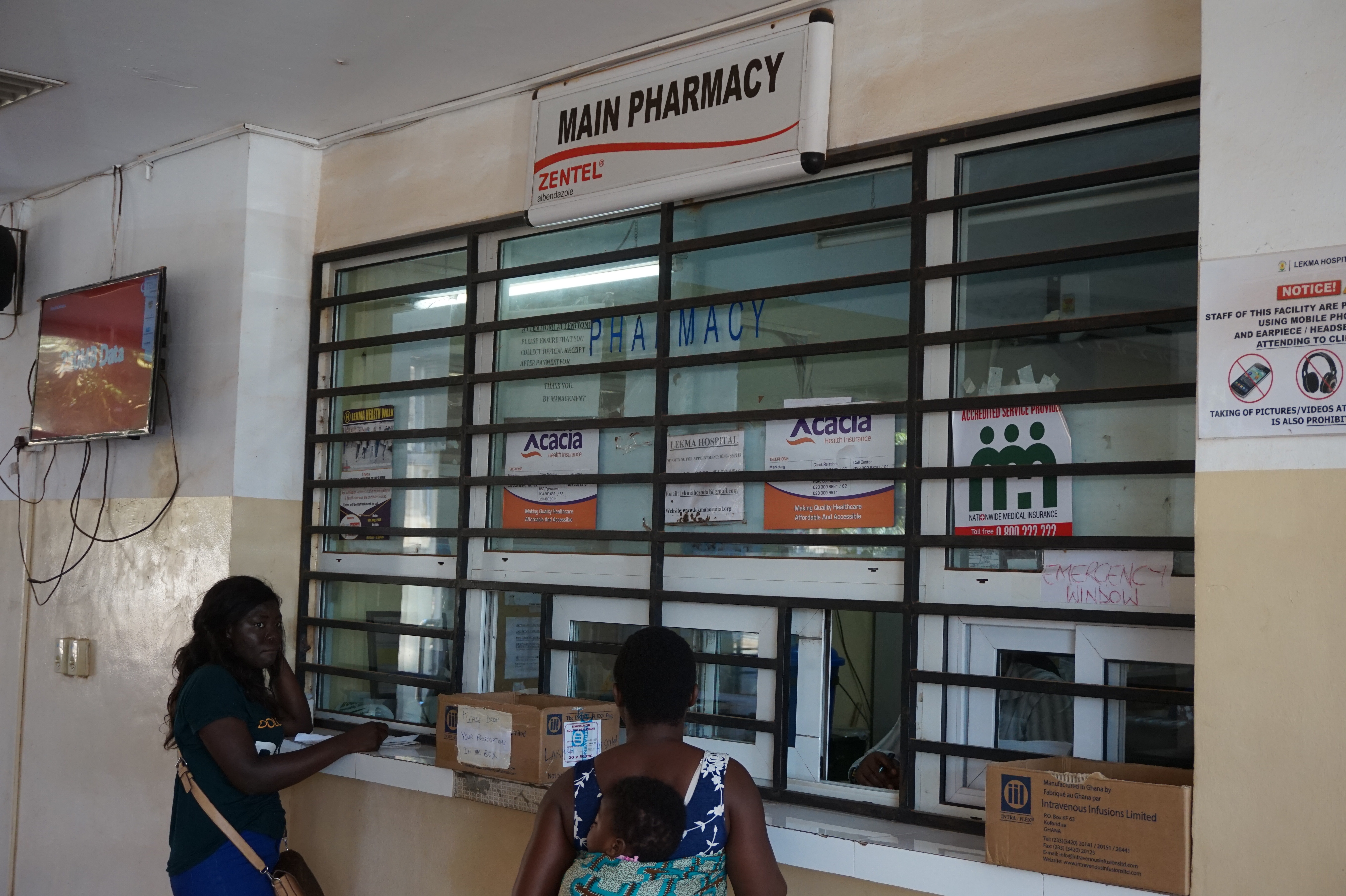Antibiotics and Behaviour Change: Reflections on CwPAMS
10 November 2020

In this blog we hear from Lucie Byrne-Davis and Jo Hart of the Change Exchange about the role of human behaviour in antimicrobial stewardship and how to ensure impact through multidisciplinary collaboration.
Human behaviour is at the heart of antimicrobial stewardship (AMS). AMS is ‘an organisational of healthcare-system-wide approach to promoting and monitoring judicious use of antimicrobials to preserve their future effectiveness’[1]. The ‘judicious use of antimicrobials’ involves behaviours, as does ‘promoting and monitoring’. So, when we were approached by THET to work with their partnerships for AMS, we jumped at the opportunity to put behavioural science at the heart of the CwPAMS programme.
The Change Exchange is a collaborative of health psychologists, working with healthcare organisations to support behaviour changes required to improve health systems, services and care delivery. In our work with health partnerships, we have supported partnerships between the UK and a variety of countries, and on a number of different healthcare challenges, such as improving acute illness management, mental health inpatient services, obstetric anaesthesia, child nutrition and others. We work with partnerships at various stages of development, observing and making suggestions to include a behavioural approach to intervention development and evaluation. One of the things that was exciting about the CwPAMS work was being at the beginning when people were establishing work packages, developing monitoring and evaluation plans and, in some cases, building new partnerships.
Our involvement involved two elements. Firstly, we were involved in the UK inception workshop, where we held a workshop on behaviour change and developing interventions to support health professional practice change. In this, we used our Cards for Change, which we developed specifically for people planning education and training interventions, to enable them to use behaviour change techniques. Each card describes one of the behaviour change techniques from the Behaviour Change Technique Taxonomy[2] and then gives example training activities that could be added to training to use that technique. Secondly, we recruited volunteer behavioural scientists to work with four of the 12 CwPAMS partnerships. These volunteers did a variety of things with their partners as needed, including supporting scoping visits by exploring what behaviours needed to change and what the drivers and barriers were of those behaviours; supporting intervention development to address these identified drivers and barriers and developing monitoring and evaluation tools to enable partnerships to understand what was changing, why and how.
The ways in which behavioural science volunteers influence partnership work is of interest to us, as we would like to learn from and improve our involvement. We are working with THET to analyse the intervention work of the CwPAMS partnerships, to see what behaviours were targeted, and how changes were monitored and evaluated.
There are so many things we have learned from our work on CwPAMS. We have learned how, probably more than any other clinical area we have worked in, the social sciences are used, accepted and developed by people working in AMS. We have learned from the data driven, systematic approach taken by the mainly-pharmacist led projects, who have put audit and feedback at the heart of their work. We have seen pharmacy colleagues excel at leadership and witnessed the mutual respect within the multidisciplinary teams within the partnerships. We were able to offer the opportunity to volunteer internationally to 10 health psychologists, some of whom were using their behavioural science skills for the first time in global health. We are, as always, grateful to THET for their support and thought leadership and hope that our work with health partnerships will continue, notwithstanding the challenges of working in a world of COVID-19.
– Lucie Byrne-Davis, Professor of Health Psychologist & Jo Hart, Professor of Health Professional Education, The Change Exchange, University of Manchester, UK
[1] NICE guidance (2015) Antimicrobial stewardship: systems and processes for effective antimicrobial medicine use. www.nice.org.uk/guidance/ng15
[2] https://www.bct-taxonomy.com
Working with partners.


Workshop with partners.
Group reflections.



0 Comments
Leave a comment
Your email address will not be published.